Have you ever noticed that when your attention is piqued by an idea, it continues to pop up in unexpected ways? For me, this week, it has been this enigmatic sentence: “As long as you stay in the world of duality (this or that) you will not experience the richness of life.”
On Tuesday, I attended my favorite Zoom discussion group, Buddha and the Bean. The subject was equanimity. Before the meeting began, I learned that Matt, one of the leaders of the group, was remoting in from Brooklyn, New York, where he was visiting friends. I asked him what it was like to be in the Big Apple. He replied, “You see everything here. I saw a rich person getting out of an expensive car literally step over a person lying on the sidewalk.”
My mind perked up – rich/poor, over/under, subject/object – here was the duality I had been thinking about. Although we hadn’t begun our discussion of equanimity yet, I wondered if there might be a relationship there: duality and equanimity. However, the thirty-minute meeting was over before I had an opportunity to bring this up. Luckily, we all decided that equanimity elicited a good discussion and so we will continue discussing it next week.
The meeting over, I pulled out books I believe may speak to how non-duality and equanimity relate to one another. I toy with looking equanimity up in the dictionary but feel certain that Buddhists define the word differently. In fact, I later discover, that different Buddhist traditions create different definitions.
The first book I open is The Four Immeasurables by B. Alan Wallace. I trust this book to give me a Buddhist definition of equanimity as it was recommended by my teacher, Susan Piver. Wallace writes that equanimity is the realization that every sentient being desires happiness and wants to be free from suffering. Equanimity might better be translated, Wallace suggests, as impartiality. I think to myself that the way I understand non-duality is impartial.
Next, I remember Joyce Rupp’s chapter, “Choosing Equanimity” from her latest book, Return to the Root. Rupp quotes Gil Fronsdal: “equanimity is the quality that arises from the power of observation, the ability to see without being caught by what we see.” I love the idea of not being caught by what we see. I imagine this might be an effective way to describe both equanimity and non-duality.
I’m glad Buddha and the Bean decided to continue discussing equanimity next week. I hope I will get a chance to see what others think about the similarity of equanimity and non-duality. Do you have an opinion?
Image: We will be visiting Carl Kurtz on his fabulous prairie next week! This picture was taken the last time we visited.

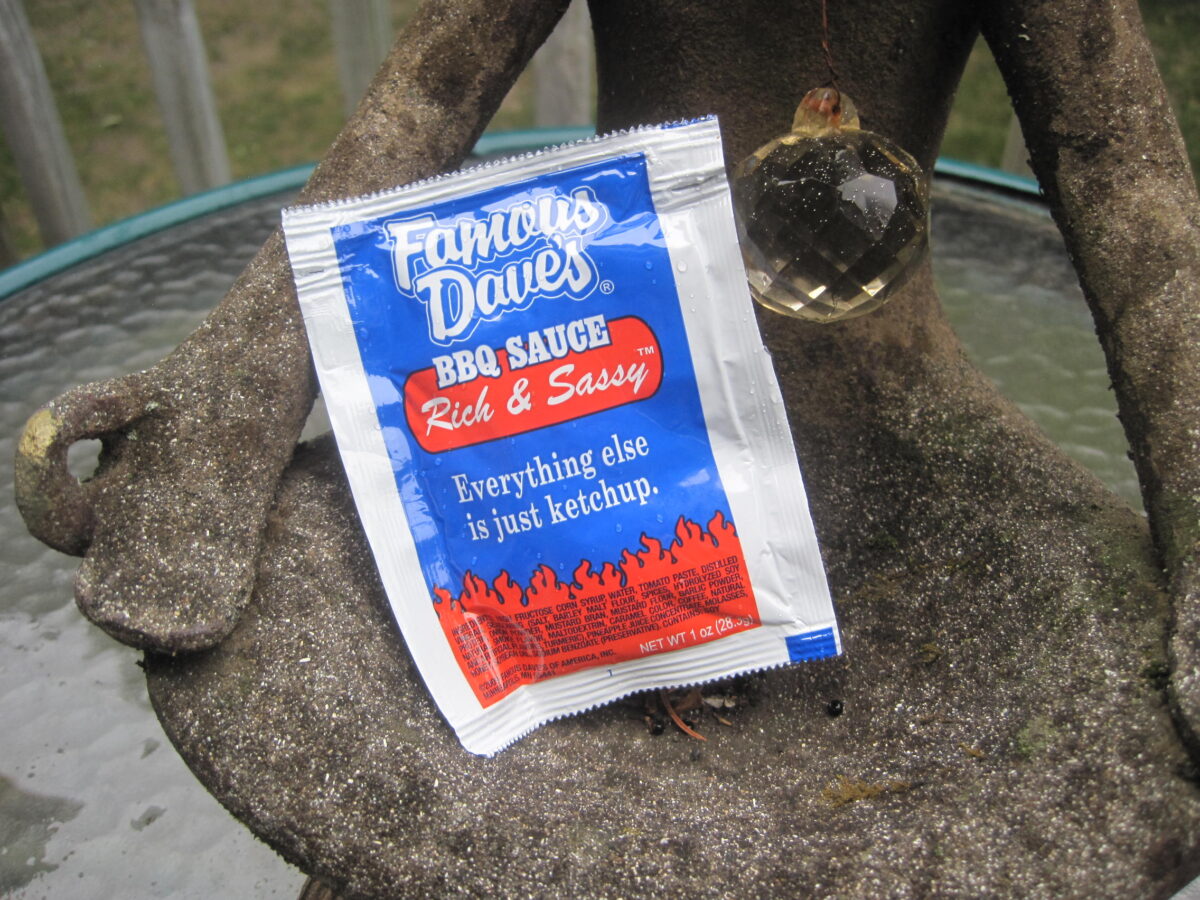
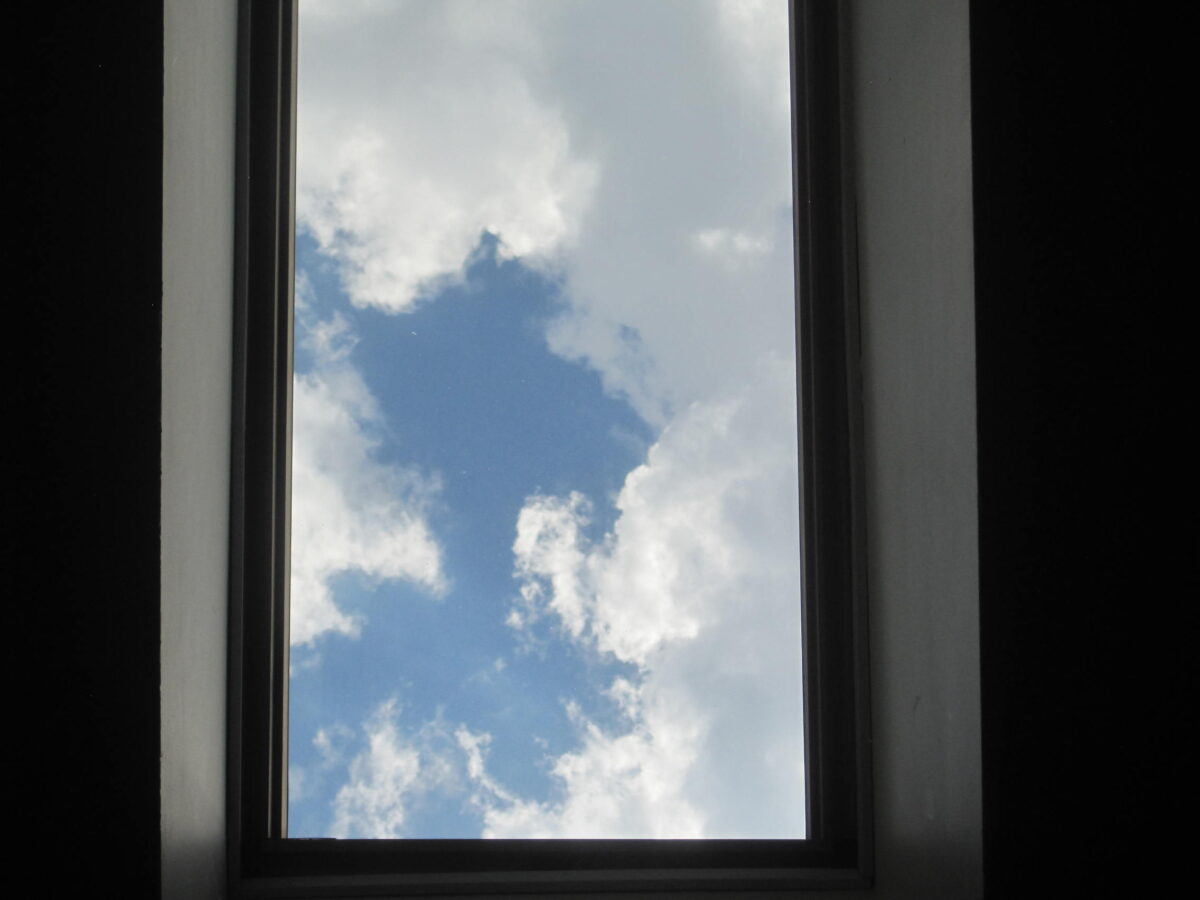
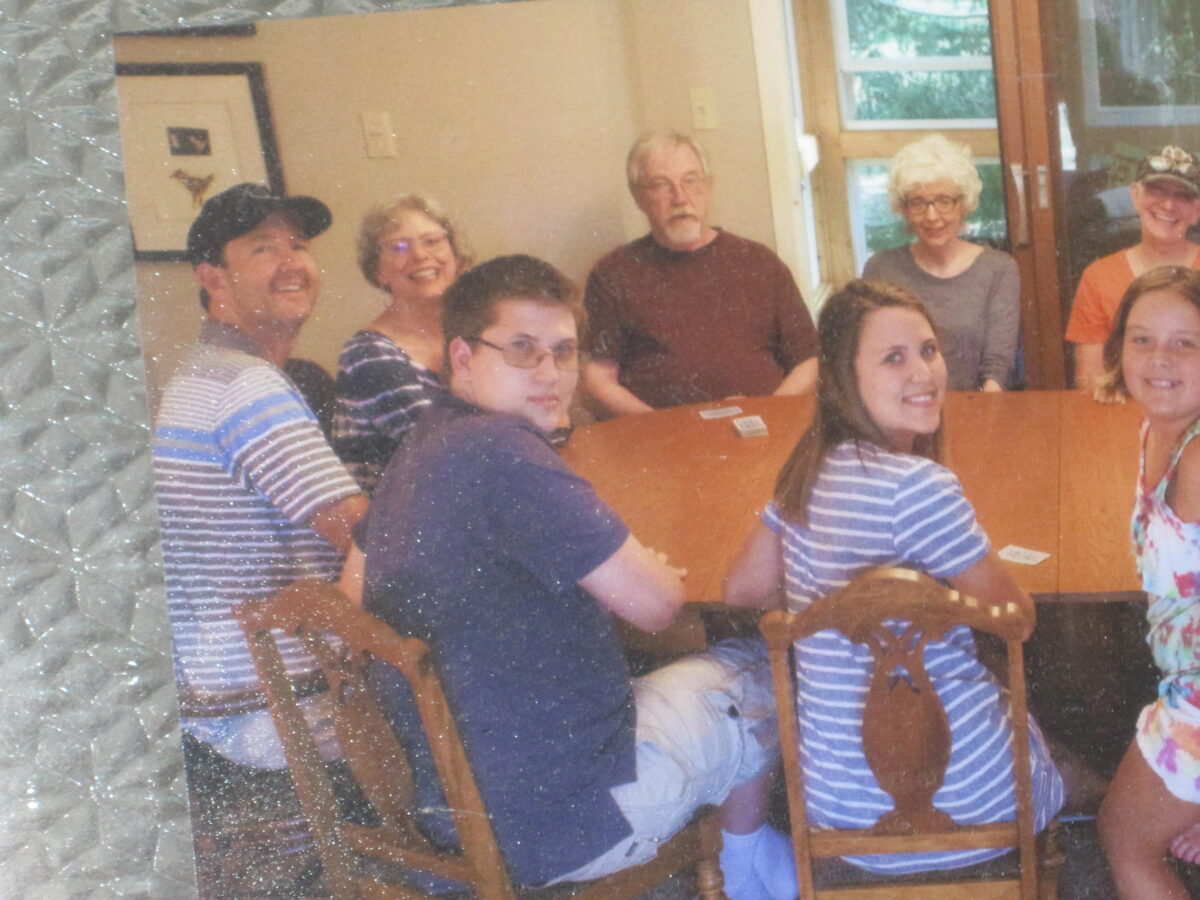
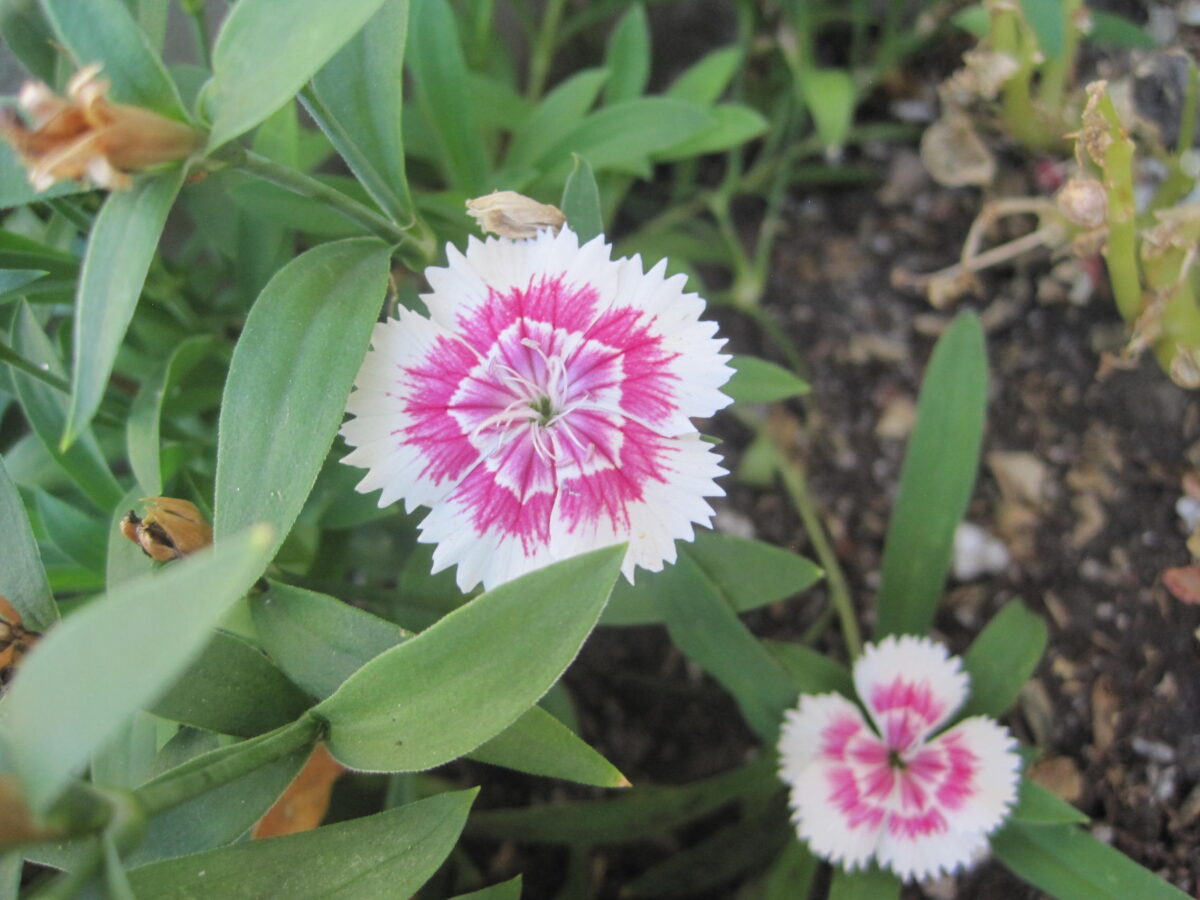
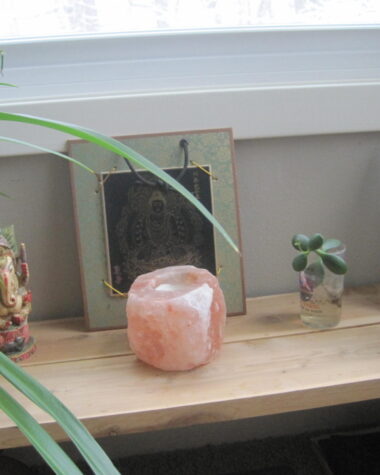


2 comments
Try astute to question the duality in the example you shared, Nicky!
Sounds to me like your leader needs to go back to the duality section of his training–he must have missed that class the first time around!
From a sensitive New Yorker who thinks we get a bad rep from (many) visitors (who much come with preconceived notions)!
P.S. I wonder what help your teacher offered the man lying on the sidewalk … just saying!
Hi Diane,
I’m troubled that I upset you -plus I don’t really understand your message.
Could you please tell me more about what you are feeling so I can “get” it?
Thanks so much – I appreciate your faithful reading of my blog and really want to understand.
Love,
Nicky
NOTE: Diane & I exchanged several emails and I think both of us learned from the interchange – I know I did!
Comments are closed.